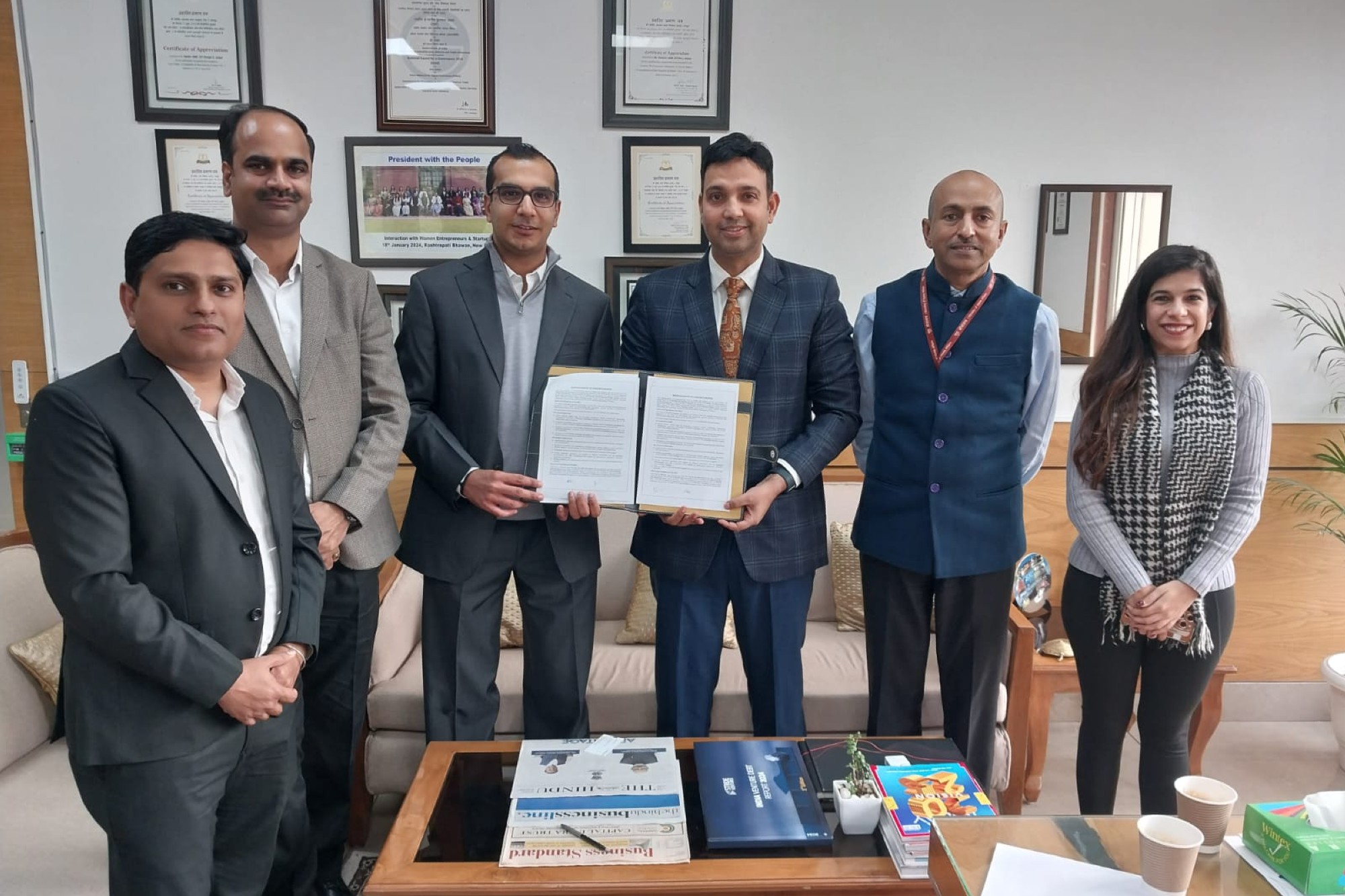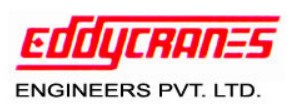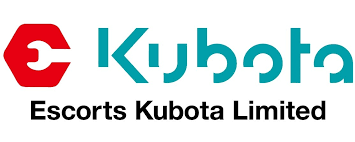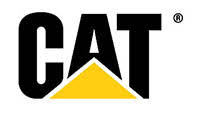Regulate procurement process by implementing Public Procurement Bill
By Edit Team | November 8, 2016 4:50 am SHARE

The key unfair practice that we see in the market is to prevent or reduce competition. This could be called anti-competitive competitive practice.
Major challenges for procurement
Until recently, procurement was a necessary, but seldom celebrated, component of large corporations. But times have changed: These days, procurement organisations within companies are playing pivotal roles in the success of firms in ways that old-fashioned purchasing managers could never have imagined. The share of procurement activities covers nearly 50-70 per cent of the sales revenue. Speaking about the major challenges, Krishan K. Batra, President and CEO, ISM India says, “To cope up with above growing needs of procurement, there is a need to transform the above function at Operational, Tactical and Strategic levels.” For success of this, the following are the key challenges in India according to Batra.
People-Training & Development: There is shortage of talent in the field of Procurement & Supply Chain Management. Hence there is strong need to build the competency of the staff at various levels. The competency should cover both hard and soft skills.
Cross Function & Collaboration: Procurement in many organisations is an island. They don’t believe in networking, collaborating or outside knowledge flow and believe information is for their own advantage.
Career Paths: The attraction quotient of this profession is very low. There is need to boost this so that we can attract best candidates from business schools and thus build the base.
How to beat procurement
Batra has a 4-point plan when it comes to beating procurement.
Credit Terms: Cash flow is the lifeblood of any organisation. Companies in the private sector generally focus on increasing profits, but it is inadequate cash flows that can cause serious financial difficulty. This is a major concern to SMEs and often threatens commercial survival. In the past few years many companies have raised their payment terms to 90 days.
Logistics: The logistics industry in India is evolving rapidly and it is the interplay of infrastructure, technology and new types of service providers that will define whether the industry is able to help its customers reduce their logistics costs and provide effective services (which are also growing). Changing government policies on taxation and regulation of service providers are going to play an important role in this process.
Dumping: This is a serious issue especially in steel sector. To ensure level field there is need to impose an anti-dumping duty.
Post Purchase Experience: Assuming all goes well, new customers evolve into repeat customers—and that’s where the investment truly pays off. Based on our analysis, 40 per cent say post-purchase experiences are the most memorable part of the overall brand experience.
E-Commerce pays little attention to this. However with increased competition this scenario is changing
Dollar Rates: Over the last one year the exchange rate of Dollar to Rupee has been stable.
Where we lack?
“Procurement Practice in India is mainly transactional type,”says Batra. There is strong need to transform it by incorporating the best practices. This is much more relevant to promote “Make in India”. Adding more to his views, Batra says, “We don’t see Procurement attracting best talent because many don’t see long term career in this. In the Government Sector the term “Procurement” is generally linked with corruption. In India, estimates of public procurement vary between 20 per cent of GDP to 30 per cent of GDP. There are ministries in the Government of India where approximately half of the total budget is spent on public procurement alone. This makes the need for integrity in public procurement not merely an ethical requirement but an economic and social one too.”
To ensure transparency, accountability and probity in the procurement process, fair and equitable treatment of bidders, promoting competition, enhancing efficiency and economy, maintaining integrity and public confidence in the public procurement process, there is need regulate the procurement process by implementing Public Procurement Bill in the eyes of Batra.
The private sector also needs to go beyond developing codes of conduct. It is important to develop policies and proper procurement guidelines or mechanisms or principles for the private sector just as in the public sector.
Priority list
Speaking about a priority list, Batra says, “We should diligently review the list and specifications of goods and services being procured and put together a flexible shopping list, but we simply can’t afford to purchase everything at once. As a result we are forced to prioritise the items on our list. I think of shopping list priorities in terms of 3 levels. The highest priority items are at Level 1. These items are must-haves. Level 2 items are also important because they will have a big impact on the effectiveness of your development plan, but you can get by without them at a push. Level 3 items are not all that crucial. You may want them desperately, but in your heart of hearts you know that they are really just “nice to haves”.
Dealing with the unfair practices of the vendors
“The key unfair practice that we see in the market is to prevent or reduce competition. This could be called anti-competitive competitive practice,”says Batra. He sights some of the examples are as follows:
Dumping, where a company sells a product in a competitive market at a loss. Though the company loses money for each sale, the company hopes to force other competitors out of the market, after which the company would be free to raise prices for a greater profit.
“Exclusive dealing, where a retailer or wholesaler is obliged by contract to only purchase from the contracted supplier. Price fixing, where companies collude to set prices, effectively dismantling the free market. These can be some ways to deal with the unfair practices,” according to Batra.
While concluding about dealing with the unfair practices, Batra says, “Limit pricing, where the price is set by a monopolist at a level intended to discourage entry into a market, is a way which can act as a deterrent for the unfair practices by the vendors.”
Cookie Consent
We use cookies to personalize your experience. By continuing to visit this website you agree to our Terms & Conditions, Privacy Policy and Cookie Policy.





















































